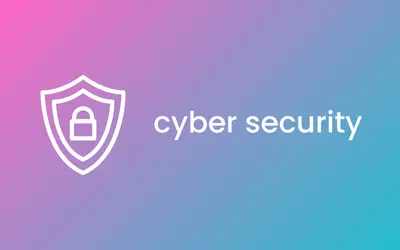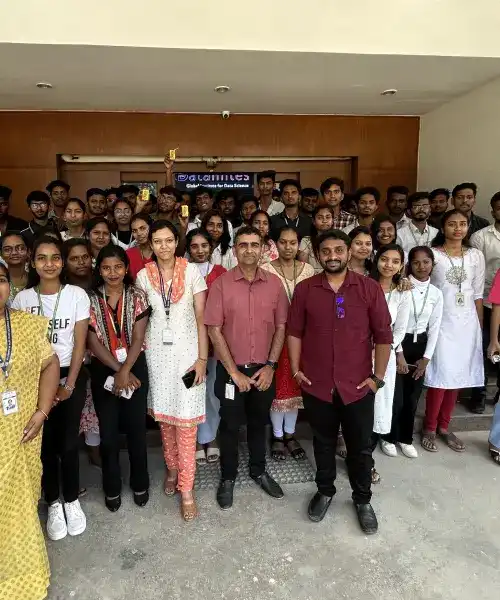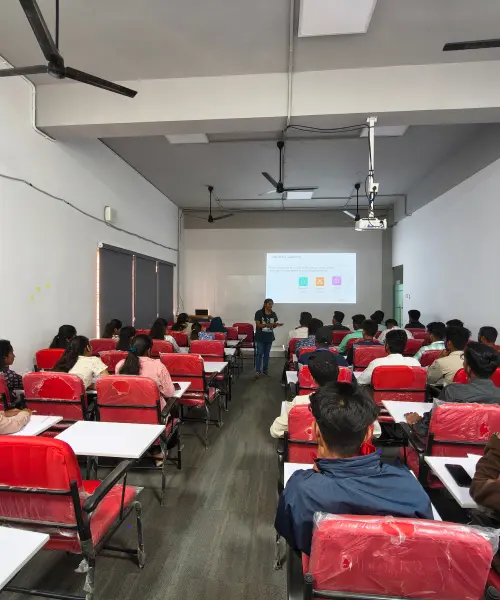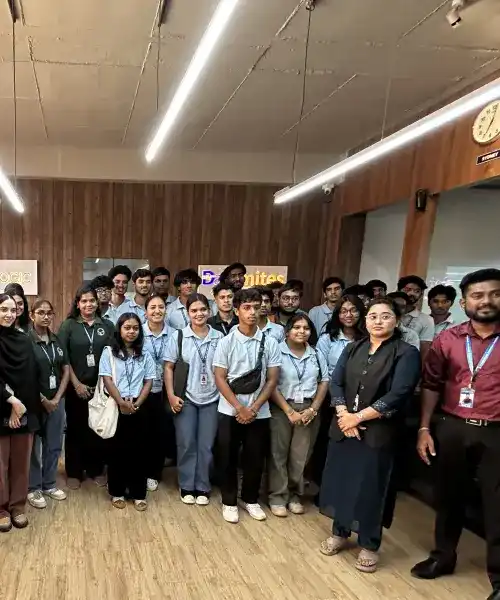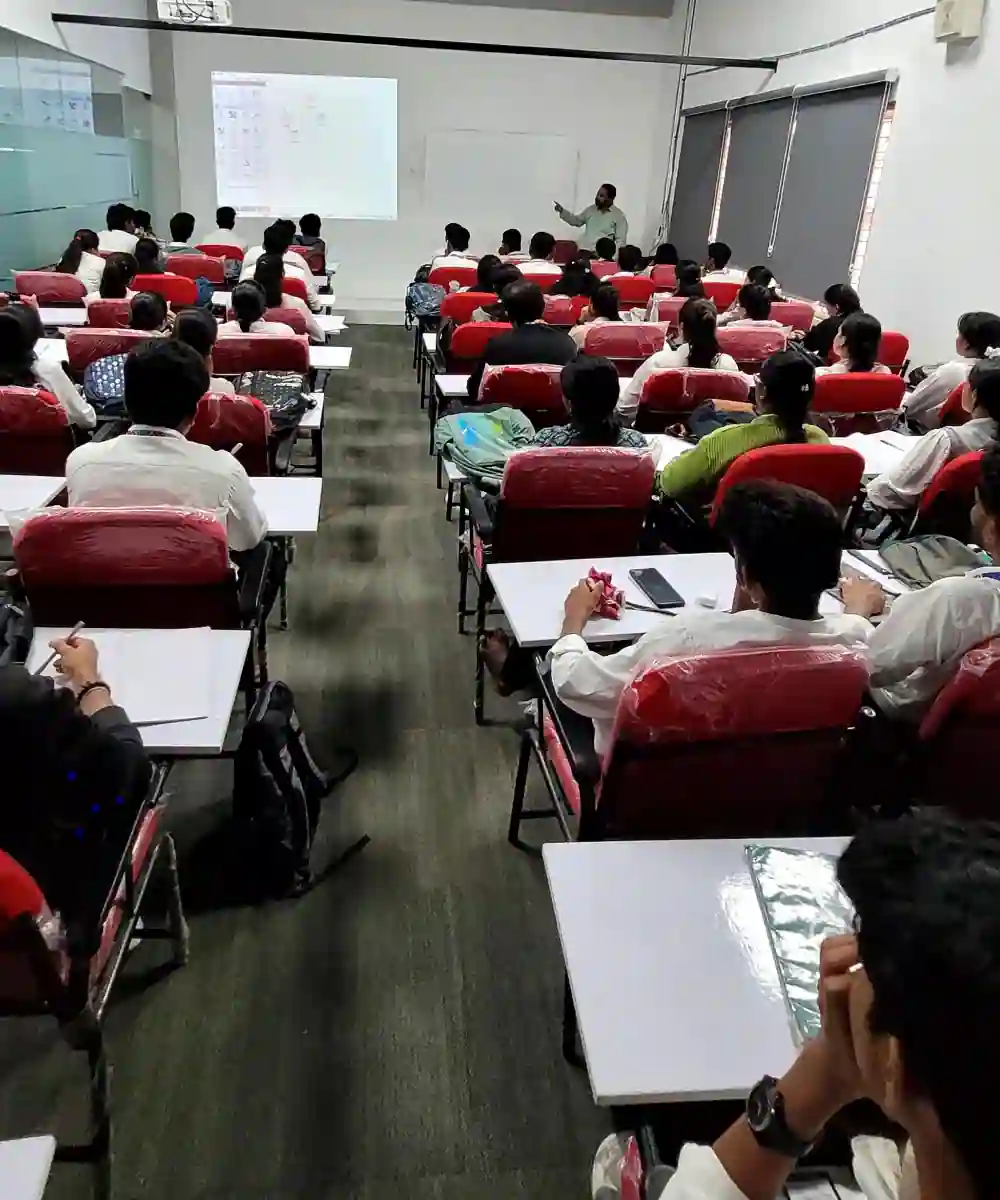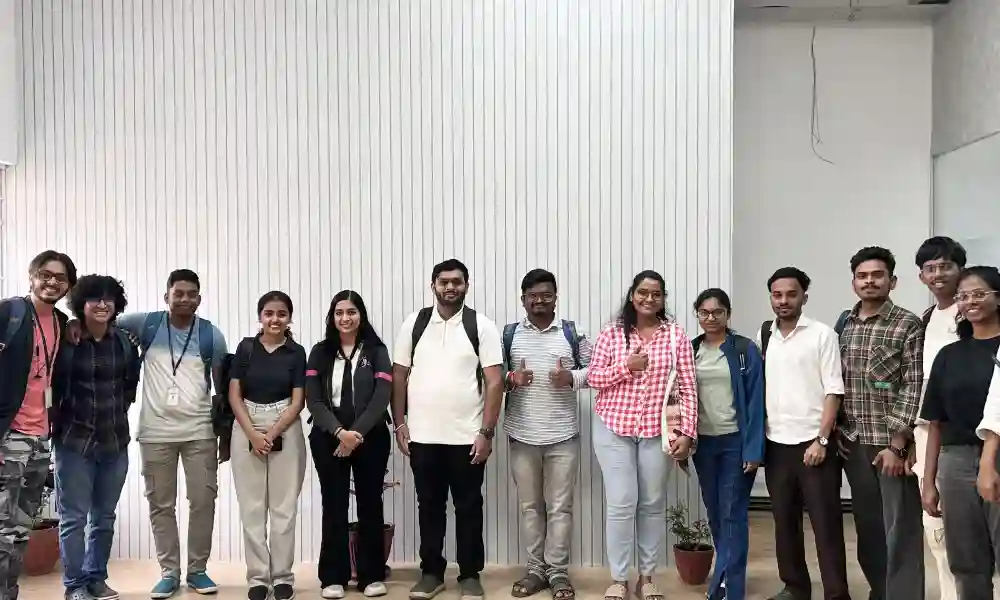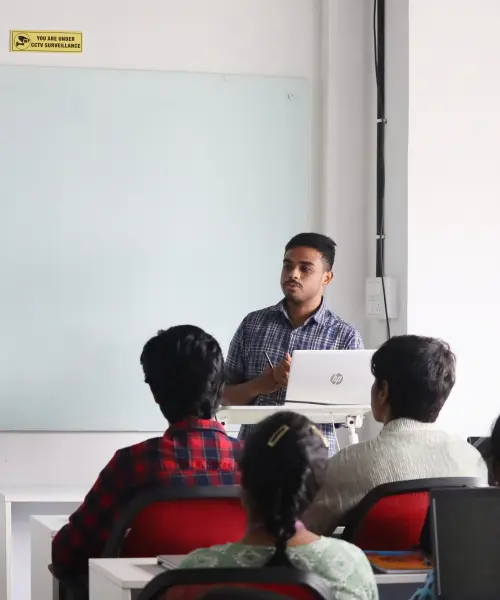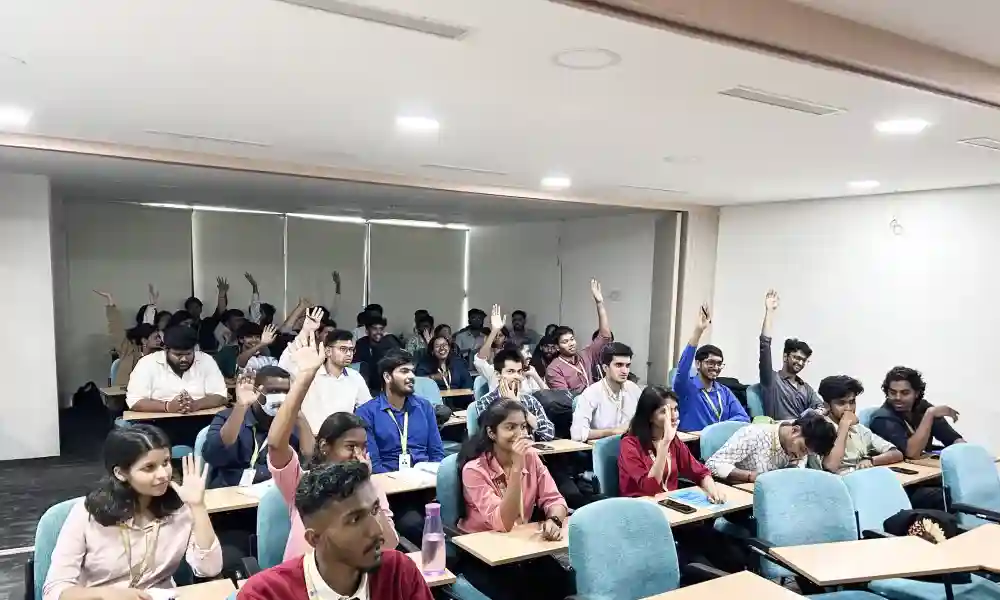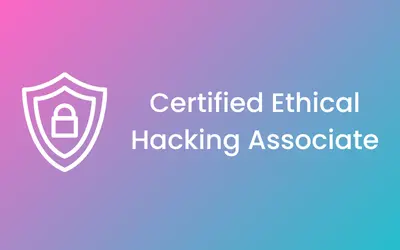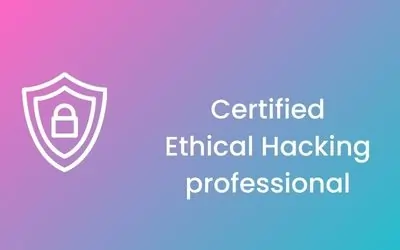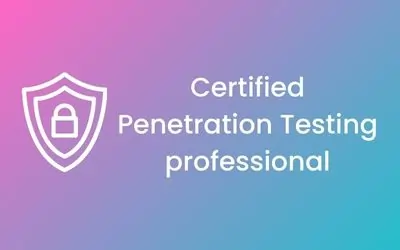CYBER SECURITY TRAINING IN LUCKNOW
-

-
(10162 Reviews)
-
Career Opportunities: Discover exciting job opportunities in Lucknow's cyber security sector. Prepare for roles like security analyst or ethical hacker.
-
Essential Skills for Success: Learn key skills such as network security, ethical hacking, and cloud protection to thrive in the cyber world. Be prepared to protect businesses from online risks.
-
Practical Experience: Gain valuable hands-on experience through internships with top companies. Build your skills and confidence for a successful future in cyber security.
